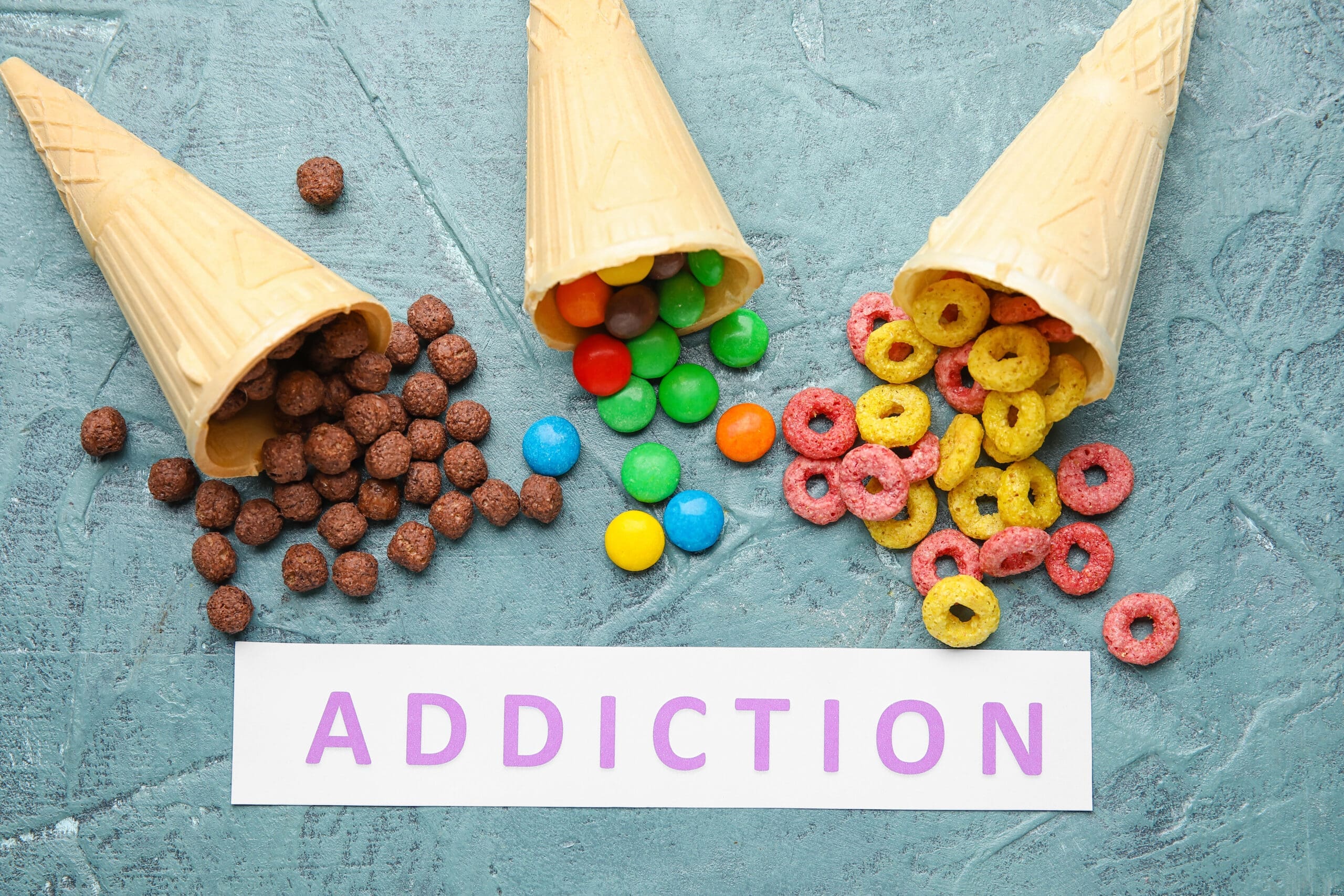If a person has an addiction to drugs or alcohol and abruptly stops using, they go through detox and withdrawal. Withdrawal brings physical, emotional, and mental symptoms as the body rids itself of the substance and cleanses the bloodstream. During the acute withdrawal stage, physical symptoms last three to seven days, after which the person feels physically stronger.
However, some people experience the lingering effects of psychological and emotional withdrawal symptoms, which can last for weeks, months, and, in some cases, years. This is known as post-acute withdrawal syndrome, r PAWS. The symptoms of PAWS greatly vary depending on the type of substance used, the length of time used, and the amount taken.
What Causes Post-Acute Withdrawal Syndrome?
During active addiction, a person’s brain learns to count on drugs or alcohol to maintain a high amount of dopamine in the reward center. Addictive substances hijack the brain’s pleasure/reward circuits making the person want more and more of the drug. As the brain’s chemistry changes, new neural pathways are created and others are changed. When the person stops using drugs or alcohol, the brain tries to fix the imbalance, resulting in the symptoms of PAWS.
The Signs and Symptoms of Post-acute Withdrawal Syndrome
Many people do not seek treatment for PAWS because they think it is normal, increasing their risk of relapse. Being aware that the uncomfortable or distressing feelings and sensations in early recovery may be signs of PAWS reduces the chance of relapse.
Many of the symptoms of PAWS are similar to symptoms of anxiety and mood disorders. The person may suffer from the behavioral symptom of executive dysfunction. This means they are unable to effectively manage their own emotions, thoughts, and actions. They may lack initiative and suffer from anhedonia, or the inability to feel pleasure. Their thinking may be foggy. They may have difficulty with memory and focus. Increased anxiety, panic, depression, mood swings, irritability, hostility, and increased sensitivity to stress are common.
Additional common symptoms of PAWS include:
- Cravings and urges
- Fatigue
- Difficulty with fine motor coordination
- Sleep disturbances, such as vivid dreams, insomnia, or other sleep problems
- Chronic pain that cannot be explained
- Low libido
Nine Strategies for Coping with Post-Acute Withdrawal Syndrome
- Talk about what you are feeling and experiencing with your therapist, counselor, 12-Step sponsor or peers, family, or friends. Talk to people who will not minimize or criticize your experiences or feelings.
- Practice good self-care. Get enough sleep, eat well, exercise, and establish positive, supportive relationships. Always be good to yourself.
- Avoid trigger situations whenever possible. Always be aware of people, emotions, and situations that may trigger a relapse.
- Keep a journal to document your feelings and experiences. Read it over and identify different ways of responding.
- If you have trouble concentrating, limit your time to 15 minutes on a specific task.
- Set up reminders on your phone or write things down if you have difficulty remembering them.
- Do something different and relax. Go for a walk, practice yoga, meditate, listen to music, or call a friend.
- When symptoms of PAWS flare up, think about the events and your reaction.
- If you have trouble sleeping, limit caffeine before bedtime and set up a sleep routine by going to bed and waking up at the same time each day.
Always remember that PAWS is temporary. It is part of your recovery journey. Everyone travels their own path to recovery, and it cannot be hurried. Stay realistic and safeguard your sobriety.
Help is Available
A chronic brain disease, addiction can affect anyone. If you or someone you care about struggles with a substance use disorder, now is the time to get the help you need. You are not alone. Anabranch Recovery Center in Terre Haute, Indiana, has skilled professionals who can help you regain control of your life.




